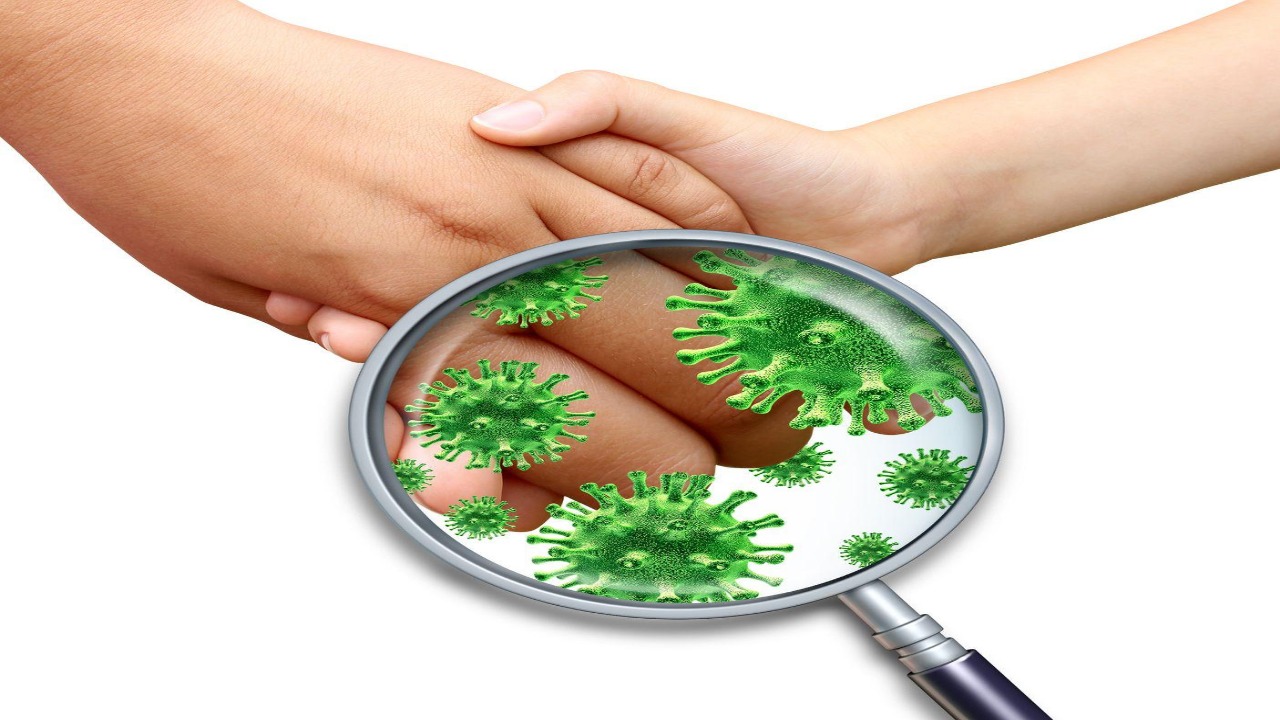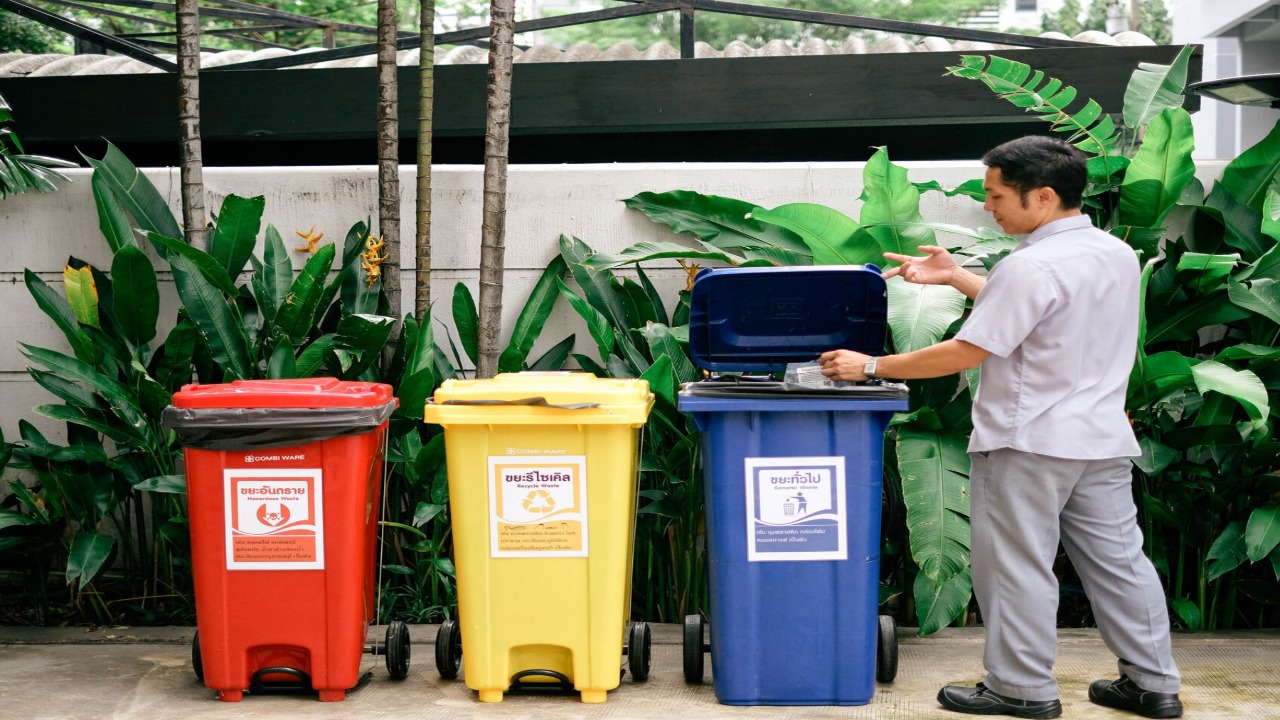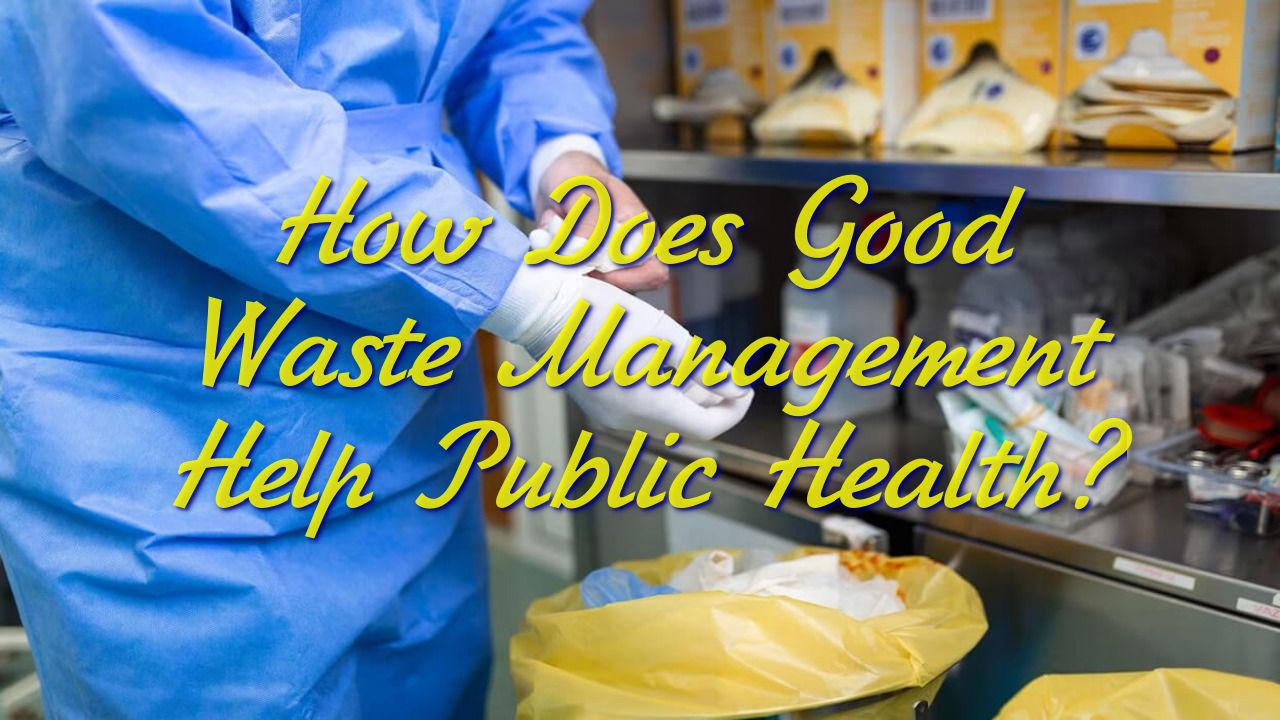Waste management might not always be at the forefront of our thoughts. Yet, the way we handle waste plays a vital role in safeguarding public health. From bustling cities to remote rural areas, effective waste management practices are essential for maintaining cleanliness, preventing the spread of disease, and preserving the environment. Let’s explore how good waste management contributes to the well-being of communities worldwide.
Preventing the Spread of Diseases

One of the most significant ways good waste management aids public health is by preventing the spread of diseases. Improper disposal of waste can lead to the proliferation of harmful pathogens and pests, such as rats and mosquitoes, which are vectors for diseases like malaria, dengue fever, and cholera. Using durable and reliable containment solutions like Simplehuman trash bags can further enhance waste management practices. By ensuring that waste is collected, treated, and disposed of properly, communities can mitigate the risk of disease transmission and safeguard the health of their residents.
Minimizing Environmental Pollution
Another critical aspect of waste management is its role in minimizing environmental pollution. Improperly disposed of waste, especially hazardous materials like plastics and chemicals, can contaminate soil, water sources, and the air we breathe. This pollution not only harms ecosystems and wildlife but also poses significant health risks to humans, including respiratory problems, cancer, and neurological disorders. By implementing effective waste management practices, communities can reduce pollution levels and protect both the environment and public health.
Promoting Recycling and Resource Conservation

Good waste management extends beyond mere disposal—it also involves recycling and resource conservation. Recycling reduces the amount of waste sent to landfills, conserves natural resources, and decreases energy consumption associated with the production of new materials. By promoting recycling initiatives and encouraging responsible consumption habits, communities can minimize their environmental footprint and contribute to the sustainable use of resources, ultimately benefiting public health in the long run.
Enhancing Community Well-being
Clean and well-maintained surroundings have a direct impact on the well-being of communities. Effective waste management fosters a sense of pride and belonging among residents, creating safer and more pleasant living environments. By investing in infrastructure for waste collection and disposal, local authorities can improve overall community health and quality of life while also reducing the risk of accidents and injuries associated with poorly managed waste.
Strengthening Disaster Resilience
Good waste management practices become even more critical during natural disasters or emergencies. Proper waste disposal prevents the accumulation of debris and stagnant water, which can exacerbate the spread of diseases and hinder rescue and recovery efforts. By incorporating disaster-resilient waste management strategies into emergency preparedness plans, communities can mitigate health risks and enhance their ability to respond effectively to crises, safeguarding both lives and livelihoods.
In conclusion, good waste management is not just about keeping streets clean—it is a cornerstone of public health. Prioritizing investment in waste management infrastructure and education remains essential for building healthier and more resilient societies.



